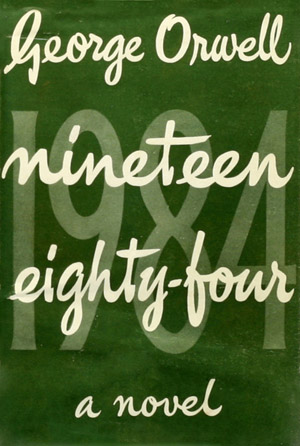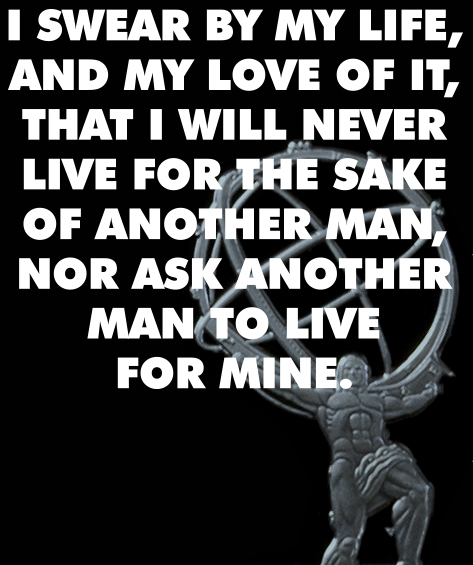 George Orwell’s 1984 is a step closer to reality, albeit 30 years late. The top European Union court has deemed that if something on the Internet doesn’t suit you, it must be scrubbed. Left or right, this is a dangerous idea.
George Orwell’s 1984 is a step closer to reality, albeit 30 years late. The top European Union court has deemed that if something on the Internet doesn’t suit you, it must be scrubbed. Left or right, this is a dangerous idea.
[T]he European Union’s top court that EU citizens have a legal right to control the availability of “inadequate, irrelevant or no longer relevant or excessive” information about them, material that would otherwise remain permanently available via Google and other search engines. …
The “right to be forgotten” is the quintessential example of a slippery slope. It starts off with a seemingly undeniable premise, which is that the Web has made it easier than ever before to commit and disseminate libel and slander. Moreover, I think most of us would agree that there’s something decidedly discomfiting about the equally undeniable fact that a 12-year-old can post foolish comments about another person (or about himself) that will be universally accessible forever after. There oughta be a law, right? But the trouble with such arguments is that they have a way of running into the law of unintended consequences, at which point terrible things can happen. …
All this serves as a valuable reminder of how our existing notions of “truth” are being undermined by the migration of information from the printed page to cyberspace, which is infinitely malleable. George Orwell predicted as much when he wrote in Nineteen Eighty-Four of the ceaseless and insidious activities of the Ministry of Truth, one of whose functions was to alter previously published newspaper, magazine and encyclopedia articles to bring them into more perfect accord with the latest dictates of Big Brother. Any evidence to the contrary was promptly dropped down the nearest “memory hole” and whisked away to an incinerator. Today such rewriting is vastly easier: Any editor who longs to change history need only alter the electronic text of his online edition, instantly and at will. It’s carved in mush, not stone.”

Recent Comments